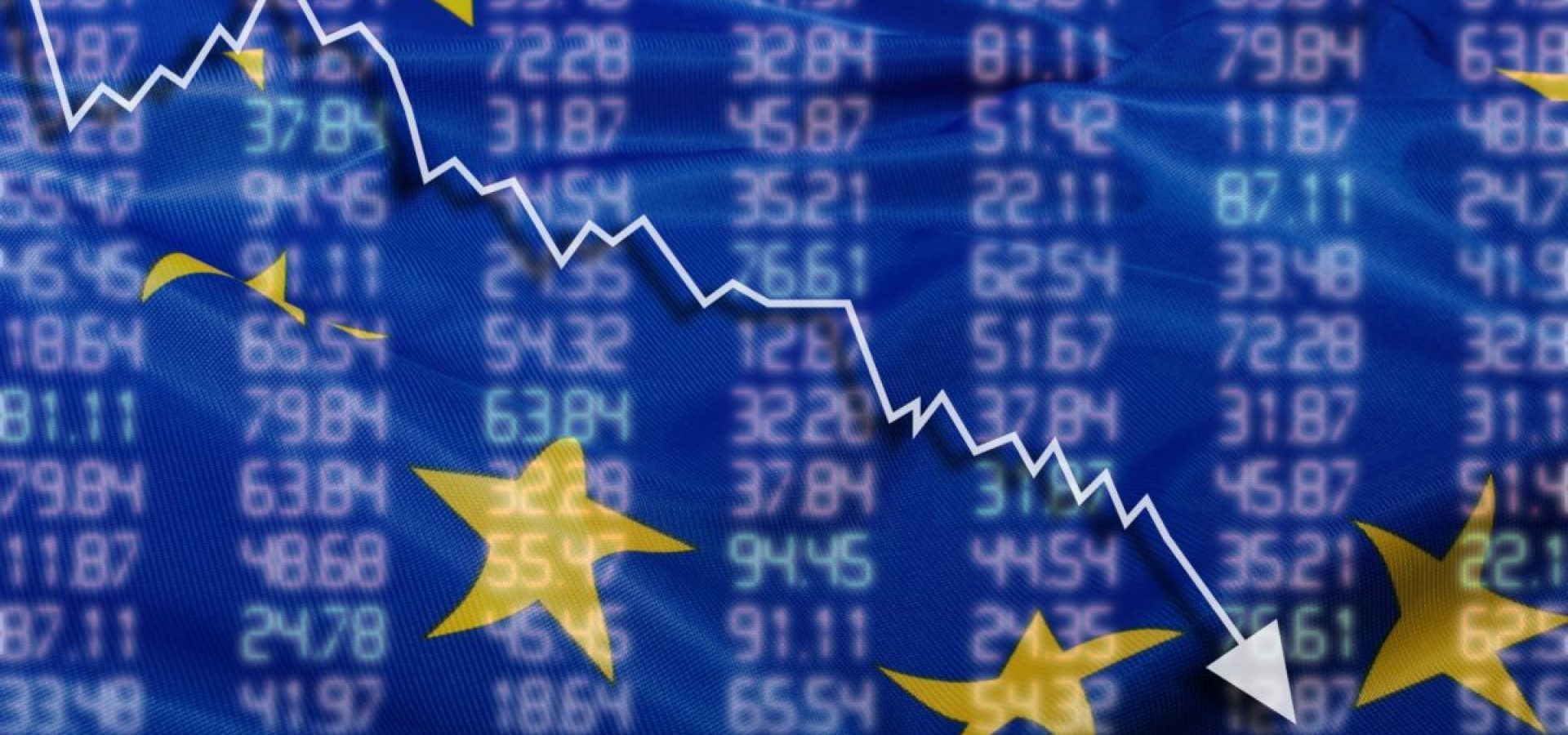The recent fluctuations in global markets have spotlighted the impact of inflation rates, particularly in the European Union. On Tuesday, European markets experienced a downturn as investors analysed the latest U.S. inflation reading and awaited the Federal Reserve policy meeting. This article delves into the EU inflation rates against the backdrop of these events, shedding light on the interconnectedness of global economies and the implications for investors and policymakers.
European Markets Respond
European stocks closed lower, with the Stoxx 600 index dipping by 0.23%. Major bourses, including France’s CAC 40, the U.K.’s FTSE 100, and Germany’s DAX, finished in the red, indicating a cautious approach among investors. This decline mirrors the global trend, with the U.S. Federal Reserve initiating a two-day meeting to deliberate on interest rate policies and economic projections. The closely watched U.S. consumer price index rose unexpectedly in November, elevating concerns about inflation risk.
Inflation Dynamics and Regional Variances
The unexpected rise of the U.S. consumer price index, up 0.1% in November and 3.1% from a year ago, has significant implications for European inflation rates. Despite expectations of no gain, economists observed a yearly rate of 3.1%, according to a Dow Jones survey. The Asian-Pacific markets displayed interconnectedness as they rose, with Japan stocks leading gains for a second consecutive session. The impact of inflation goes beyond national borders, with global markets intricately connected.
In Europe, the inflation scenario is reflected in major bourses experiencing declines, raising concerns about the region’s economic stability. Companies discussing inflation-induced pay raises as rising costs may affect economic growth, posing overall stability and development challenges.
In conclusion, understanding EU inflation rates is pivotal for investors and policymakers as we navigate these uncertain times. The European Central Bank’s skilled handling of inflation risks is a stabilising force, requiring continuous vigilance due to economic interconnectedness. The impact of inflation on markets and the potential need for inflation pay rises further underscore the intricacies of the current economic climate. In the ever-changing global economy, monitoring European inflation rates is crucial for informed decision-making amidst market volatility and uncertainty.









COMMENTS